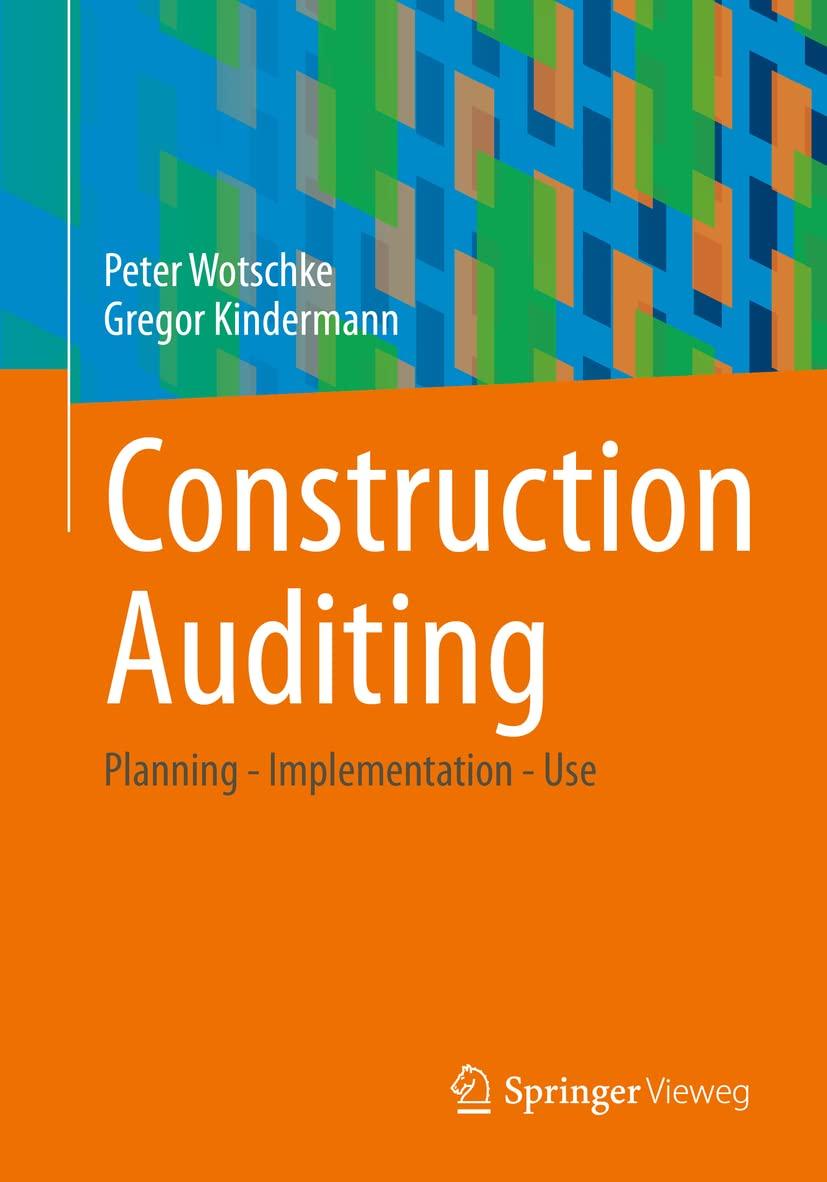

Total cost 250,000 2,850,000 No. of staff No. of households No. of complaints about waste uncollected Frequency of waste collections (days) MPP 3,500 2,380,952 18,250 14 National total 39,900 26,190,476 200,750 12 Notes on MPP data: 1. Cost data and no. of households comes from MPP's financial systems. 2. Waste data comes from weighing lorries at the landfill sites and recycling facilities. 3. Staff data is collected from MPP's HR system. 4. Complaints data is based on numbers of letters and phone calls to the waste management department. 5. Frequency of waste collection data is obtained from the department's vehicle schedules. Required: a) Discuss why non-financial indicators are particularly useful for public sector organizations, illustrating your answer with brief examples relevant to MPP. (20 Marks) b) For non-profit making organization, the value for money uses the 3E, which are Economy, Effectiveness, and Efficiency i. Discuss how Economy should be assessed by suggesting and calculating justified performance indicators using the information in the scenario. (10 Marks) ii. Discuss how Efficiency should be assessed by suggesting and calculating justified performance indicators using the information in the scenario. (10 Marks) iii. Discuss how Effectiveness should be assessed by suggesting and calculating justified performance indicators using the information in the scenario. QUESTION 2 (CLO 2) Majlis Perbandaran Puchong (MPP) is a local government body which provides a range of services for the area of Puchong, Selangor. Puchong is a wealthy area within the country with many tourist attractions. One of MPP's tasks is to ensure that waste is collected from the homes and businesses in Puchong. The goal for MPP's waste management department is to maintain Puchong as a safe, clean and environmentally friendly place where people and businesses want to both stay in and return to." The need for waste collection is linked to public health concerns, the desire to keep the streets clean and attractive and the desire to increase the amount of rubbish which is recycled. MPP is funded through a single local tax and does not charge its residents or businesses separately for most of its services, including waste collection. There is no public or political appetite for outsourcing services such as waste management. Waste collection is performed by the workforce using a fleet of vehicles. The waste is either taken to recycling plants or else to landfill sites for burying. MPP obtains revenues from all the recycled waste but this only just covers the cost of running the recycling facilities. Against a background estimate that waste will increase by 1% p.a. in the future, the national government has ordered local authorities, such as MPP, to promote the recycling of waste and has set a target of 40% of all waste to be recycled by 2020. In order to discourage the creation of non-recyclable waste, the government has imposed a levy per tonne of waste buried in landfill sites and has stated that this levy will rise over the next five years in order to encourage continuing improvement in the amount of recycled waste. Currently, Selangor is in a long recession and so local authority revenues have fallen as tax revenues reflect the poor state of the economy. Along with other local authorities, MPP has tried to cut costs and so has focused on financial measures of performance. In a recent private meeting the chief executive of MPP was heard to say 'keep costs under control and we will worry about quality of service only when complaint levels build to an unacceptable level. As one of the area's largest employers, cutting staff numbers has been very difficult for MPP due to the impact on the local economy and the reaction of the residents. The current performance indicators used at MPP are drawn from the existing information systems with national figures given for comparison. Those relating to waste collection for the year ending 31 March 2019 are: Volume of waste (tonnes) Landfill Re-cycled Total MPP 1.250,000 950,000 2.200,000 National total 13,750,000 9,500,000 23,250,000 Cost (RM'000) Staff cost MPP 110,000 National total 1.190.000 Page 2 of 7 BAA 3773 Public Sector Accounting-FE 2027-2 Total cost 250,000 2.850.000 No. of staff No. of households No. of complaints about waste uncollected Frequency of waste collections (days) MPP 3,500 2.380.952 18,250 14 National total 39,900 26.190.476 200.750 12








